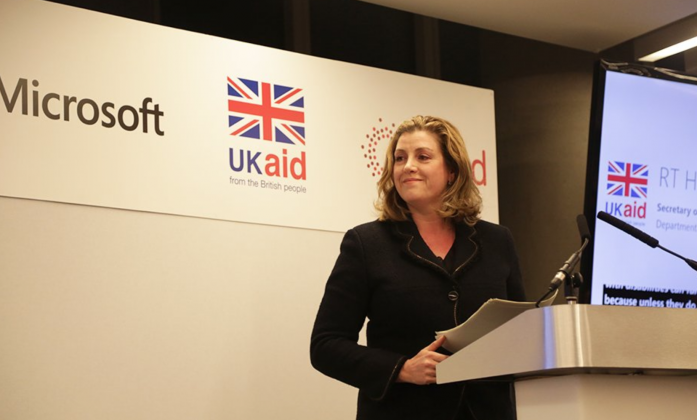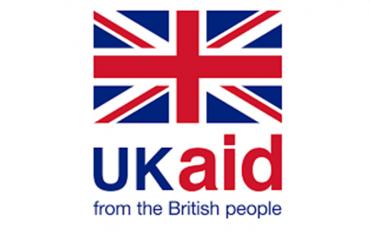The UK Department for International Development (DFID) will hold its first global disability summit in 2018. The summit will be co-hosted by the International Disability Alliance, and aims to bring together global leaders and technology companies to tackle the barriers that prevent people with disabilities from fulfilling their potential.
Penny Mordaunt, Britiain's new international development secretary, offically announced plans to bring together global leaders and technology companies to tackle the barriers facing people with disabilities at a global disability summit being hosted by UK DFID. During her speech on Thursday 30 November at the Microsoft UK Headquarters in Reading, Mordaunt vowed to "work with the International Disability Alliance to ensure that people with disabilities are at the centre of this work – from its planning and focus, right through to delivery". Mordaunt added: "I want to see a world where people with disabilities can access quality education, productive employment and the changes in life that they deserve".
UK DFID has placed a commitment to tackling discrimination against disabled people at the heart of the government’s development strategy. In her previous role as disability minister, Mordaunt, the MP for Portsmouth North, championed the idea that innovation and technology can play an important role in supporting persons with disabilities.

Background
People with disabilities have a much lower employment rate in both developed and developing countries. In Bangladesh, this means that $54 million are lost every year, because people with disabilities do not have the right support. Overcoming these barriers would boost global prosperity. DFID wants to shine a spotlight on the role that innovation and technology can play to help people with disabilities. For example, UK aid-supported D-Rev, is a small business which developed a low-cost prosthetic knee for young adults in rural Africa and Asia, to make sure it could reach the poorest people.
Innovation and expertise from world-leading private sector businesses, including Microsoft, will be vital for DFID to learn how to successfully support people with disabilities in the developing world.
Resources
- Read the Secretary of State speech at the 'Solutions to Disability Inclusion' event.
- Read more about how UK aid supports programmes which are proven to improve the lives of people with disabilities.
- Twitter explainer video announcing the UK's new disability agenda.
- Facebook explainer video announcing the UK's new disability agenda.


